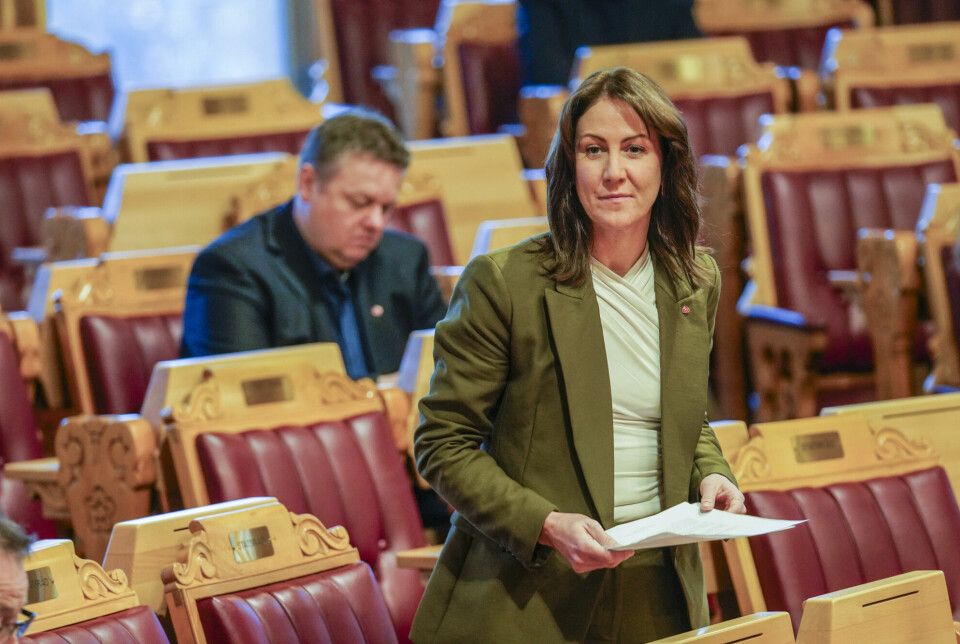
In Norway, four out of ten people on welfare lose out by working
According to Labour Minister Tonje Brenna, work has to be financially rewarding. But research shows that 40 per cent of those on benefits end up worse off if they start working.
Kristian Heggebø and Axel West Pedersen from the Norwegian Social Research Institute NOVA at OsloMet have analysed 89,000 households that had more than 90 per cent of their income from benefits and social security, Norwegian newspaper Klassekampen reports (link in Norwegian).
Among the households that increased their work income from 2017 to 2018, nearly 40 per cent ended up with worse family finances, while 60 per cent improved their financial situation.
Pedersen says there are two reasons for this. The first is that people lose temporary welfare benefits due to time limits, such as sickness benefits. The second mechanism is a reduction in welfare because work income increases.
“There may be situations where you receive several different benefits at the same time. If you increase your income a bit, in some cases, you might end up losing both welfare and housing support,” Pedersen says.
Labour and Social Inclusion Minister Tonje Brenna notes that she has only read the summary of the study but finds it difficult to make a precise statement about the conclusion.
“I appreciate everyone who researches this and is interested in learning more about how our welfare system works because we need to have up-to-date knowledge,” she says.
“Regardless, it must be worthwhile to be in work. If the regulations are counterproductive or have unintended consequences, we need to take a closer look.”
———
Translated by Alette Bjordal Gjellesvik
Read the Norwegian version of this article on forskning.no





































